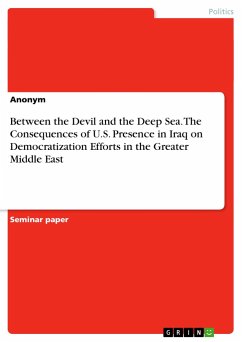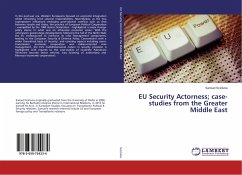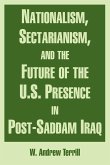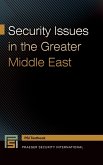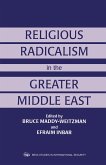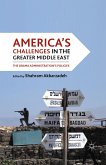Seminar paper from the year 2005 in the subject Politics - International Politics - Region: Near East, Near Orient, grade: 2,0, , language: English, abstract: Even though the U.S. invasion of Iraq in 2003 was widely protested around the globe, nobodywould actually deny the fact, that the removal of its cruel dictator Saddam Hussein was in itself agood thing. As part of the Greater Middle East Initiative, the U.S. hoped to spark democratizationin one of the most undemocratic regions in the world. Yet, if one takes a closer look at thepreconditions, it becomes clear that America's decision was essentially like choosing between thedevil and the deep sea - the decision to invade Iraq had as many negative consequences as torefrain from acting.This paper will assess the negative consequences of the U.S. American invasion of Iraqon the democratic development in the Greater Middle East area. I intend to look at the social andpolitical developments in various authoritarian regimes before the year 2003 and compare andcontrast it to the 2005 status quo.The example of Iran will be closely analyzed in a case study; to see what changes theinvasion of Iraq has brought about in Iran. The underlying hypothesis is, that U.S. presence inIraq has increased radicalism among Iranian leaders, and decreased the countries chances todemocratize. I will look anti-democratic sentiments and actions among Iranian leaders before andafter the war in Iraq to assess whether this hypothesis holds true.
Hinweis: Dieser Artikel kann nur an eine deutsche Lieferadresse ausgeliefert werden.
Hinweis: Dieser Artikel kann nur an eine deutsche Lieferadresse ausgeliefert werden.

